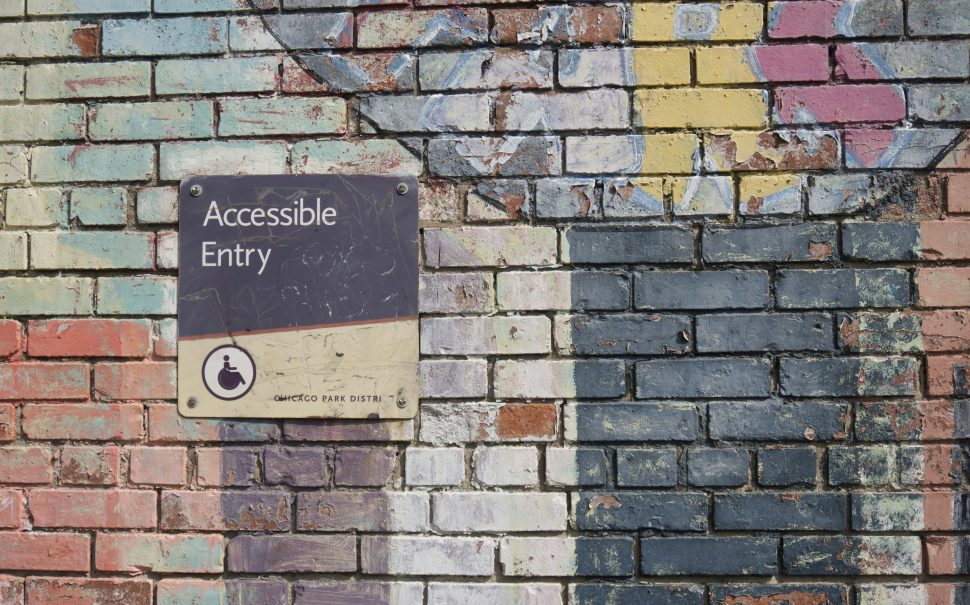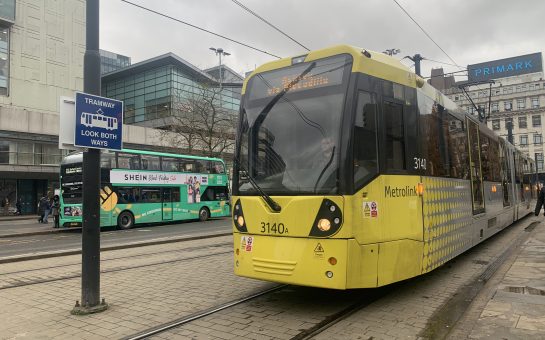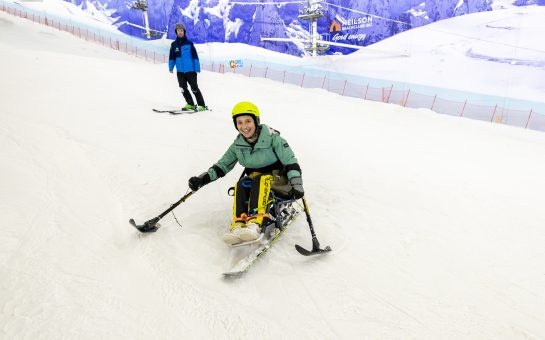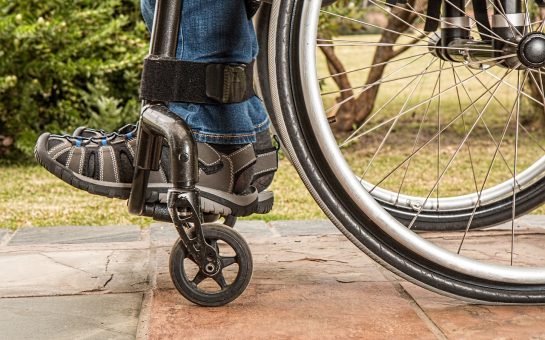As a person with visual impairment, I have been attending different events in Manchester to assess how accessible they are for people with sight issues.
But why is it important that these events are accessible?
I talked to Sonali Rai from the Royal National Institute of Blind People to discuss the importance of accessibility and how it can be achieved.
RNIB is the UK leading sight loss charity who provide support for blind and partially sighted people, their families, and carers.
They also campaign to make society more accessible for people with sight loss.
Rai is the lead of the RNIBs access to media, culture, and immersive tech campaign where she works to improve the accessibility for cultural events such as art exhibitions and theatre shows and also the accessibility of broadcast and video games.
Her team also look at improving the accessibility in cinemas and campaign to make audio inscription headphones readily available at cinemas so people with sight loss can enjoy their experience.
She said: “Accessibility is crucial for not only people with visual impairments but for anybody with a disability as it ensures people can fully participate and enjoy various cultural recreational activities.”
Rai said the two most important reasons for accessibility are that accessability enhances enjoyment and also that it promotes independence for people with a visual impairment.
She also stated that accessibility is important for people with a visual impairment to feel included.
Rai said: “Denying anyone access due to lack of accommodation is obviously discriminatory and is not acceptable anymore.”
When asked about what the solution is to make people with visual impairments more independent, she said mobility training and making accessible arrangements are as important as each other.
They promote having autonomy and being able to navigate your own surroundings is highly beneficial.
“Mobility training is crucial but should not be a replacement for implementing accessibility as accessibility allows people to have a choice and you can choose to be independent and these two things complement each other,” she said.
Mobility training is provided for people with visual impairments to help them maintain independence when traveling and allows them to navigate their surroundings independently.
However Rai believes that there is work that needs to be done to make mobility training more readily available, as she added: “There’s more work that needs to be done to make mobility training more accessible for everybody who needs it to empower people with visual impairments and keep them safe as they can learn to avoid obstacles.”
As part of staff training, the RNIB also make staff undergo training as if they suffered with sight loss to help them understand people’s situation.
In this exercise, staff are blindfolded and guided around by a colleague.
The RNIB also provide training workshops and resources to further educate staff on how to work with people who have sight loss and also to better assess how to make spaces more accessible.
For more information, head over to the RNIB website. https://www.rnib.org.uk/
Featured image credit: Unsplash




